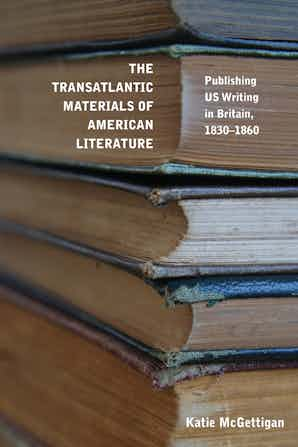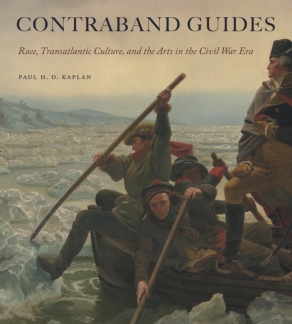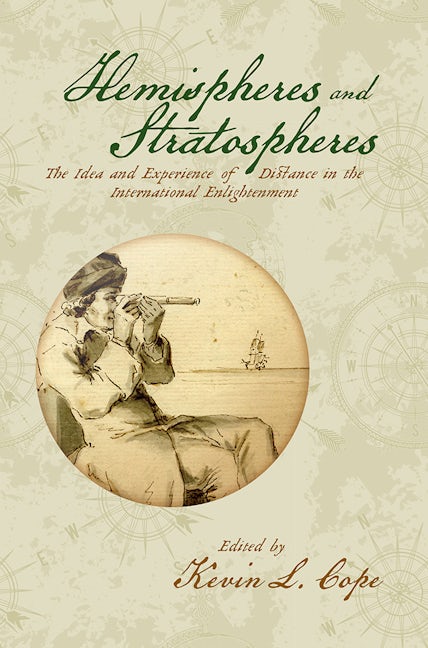McGill-Queen’s University Press | 65.00 CAD | Published 2023 | 184 pages | ISBN 9780228014959
 From the Press: “In the late nineteenth century a resurgent Jacobite movement emerged in Britain and the United States, highlighting the virtues of the Stuart monarchs in contrast to liberal, democratic, and materialist Victorian Britain and Gilded Age America. Compared with similarly aligned protest movements of the era–socialism, anarchism, nihilism, populism, and progressivism–the rise of Jacobitism receives little attention. Born in the Glorious Revolution of 1688, Jacobitism had been in steep decline since the mid-eighteenth century. But between 1880 and 1910, Jacobite organizations popped up across Britain, then spread to the United States, publishing royalist magazines, organizing public demonstrations, offering Anglo-Catholic masses to fallen Stuart kings, and praying at Stuart statues and tombs. Michael Connolly explains the rise and fall of Anglo-American Jacobitism, places it in context, and reveals its significance as a response to and a driver of the political forces of the period. Understanding the Jacobite movement clarifies Victorian Anglo-American anxiety over liberalism, democracy, industrialization, and emerging modernity. In an age when worries over liberalism are again ascendant, Jacobitism in Britain and the United States, 1880-1910 traces the complex genealogy of this unease.”
From the Press: “In the late nineteenth century a resurgent Jacobite movement emerged in Britain and the United States, highlighting the virtues of the Stuart monarchs in contrast to liberal, democratic, and materialist Victorian Britain and Gilded Age America. Compared with similarly aligned protest movements of the era–socialism, anarchism, nihilism, populism, and progressivism–the rise of Jacobitism receives little attention. Born in the Glorious Revolution of 1688, Jacobitism had been in steep decline since the mid-eighteenth century. But between 1880 and 1910, Jacobite organizations popped up across Britain, then spread to the United States, publishing royalist magazines, organizing public demonstrations, offering Anglo-Catholic masses to fallen Stuart kings, and praying at Stuart statues and tombs. Michael Connolly explains the rise and fall of Anglo-American Jacobitism, places it in context, and reveals its significance as a response to and a driver of the political forces of the period. Understanding the Jacobite movement clarifies Victorian Anglo-American anxiety over liberalism, democracy, industrialization, and emerging modernity. In an age when worries over liberalism are again ascendant, Jacobitism in Britain and the United States, 1880-1910 traces the complex genealogy of this unease.”
Ebook available through the TCU Library. Entry prepared by Ammie E. Harrison.






